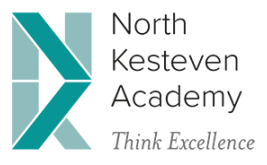
What are Knowledge Organisers?
Knowledge organisers are an incredibly useful one-page document that contains all of the key vocabulary and information that a student needs to know for a particular topic or unit. They are available for all students in each department for every subject/qualification from Years 10 to 13. They provide a clear reference point and a backbone of understanding to make learning focused and meaningful.
Where can I find Knowledge Organisers?
All students are given a Knowledge Organiser at the start of each new topic or unit in all subjects/qualifications and they keep these in a Knowledge Organiser folder which they must bring with them to school every day – this means that students can access them all easily in one place. In some departments they are also printed to be glued into exercise books at the start of each topic or unit. Copies are also available virtually via MS Teams.
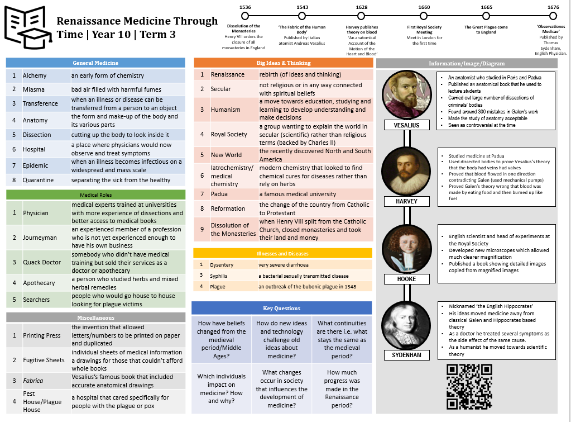
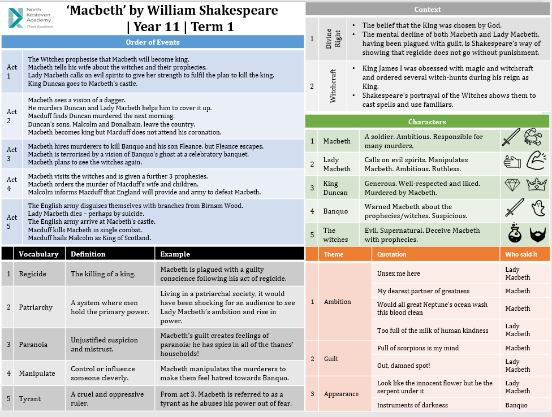
What do Knowledge Organisers look like?
Each Knowledge Organiser comprises of a range of colour-coded tables of key vocabulary, definitions, information and summaries with each table’s contents numbered. The colour-coding and numbering makes each piece of content easily identifiable and ensures that students can learn step-by-step in a way that feels manageable. All Knowledge Organisers provide information about the Year, Topic/Unit Title and Term.
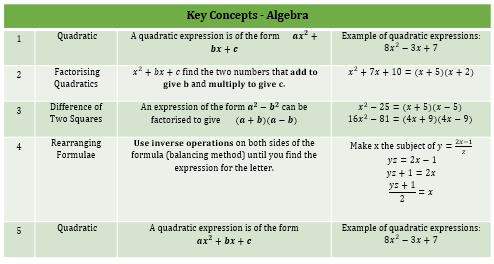
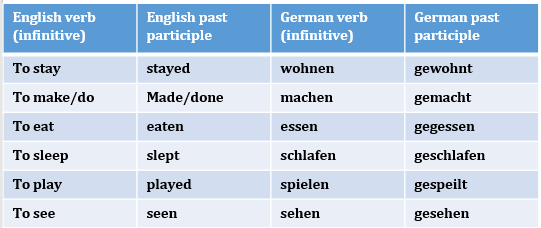
Why are Knowledge Organisers so important?
Having all of this key information in one place makes it easily accessible before during and after the study of a particular unit or topic. Teachers continuously refer to the content of Knowledge Organisers within lessons and to support home learning where students can independently use them to develop and consolidate their knowledge. Therefore, Knowledge Organisers form the backbone of learning across the school.
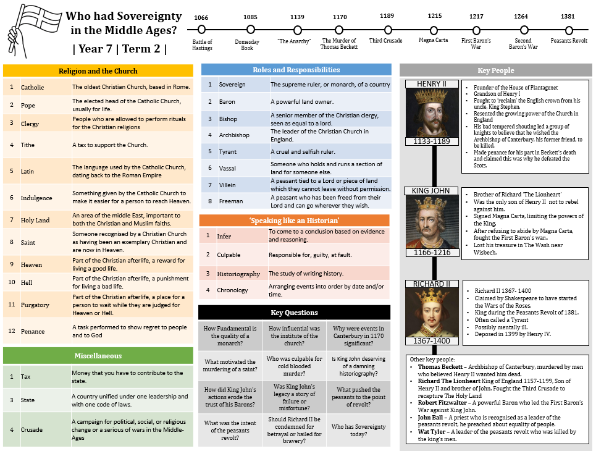
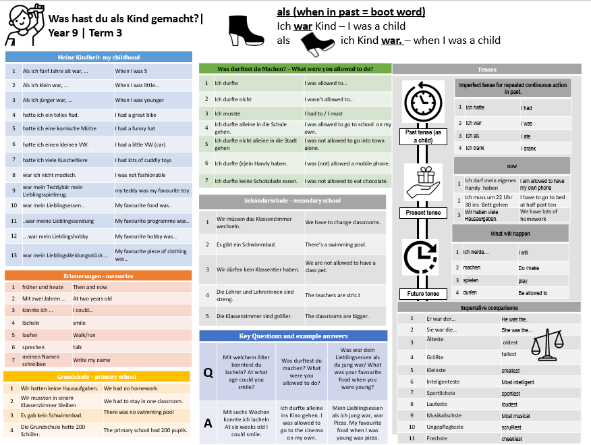
How do teachers use Knowledge Organisers?
Each department has carefully created each Knowledge Organiser so that it is individually tailored to the curriculum taught at NK Academy. They have selected the most important building blocks of knowledge for each topic or unit to provide clear support to our students to help them develop into knowledgeable and skilled as subject experts. Everything on the Knowledge Organiser is then carefully shared, identified and practised within and beyond lessons to develop student confidence and fluency.
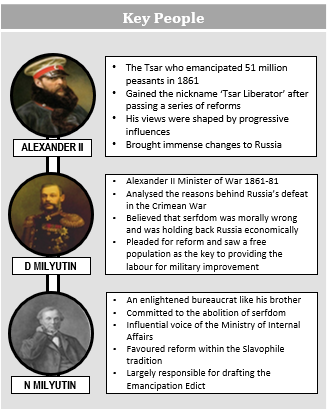
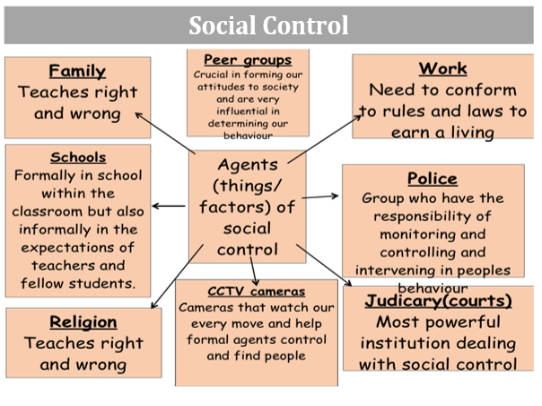
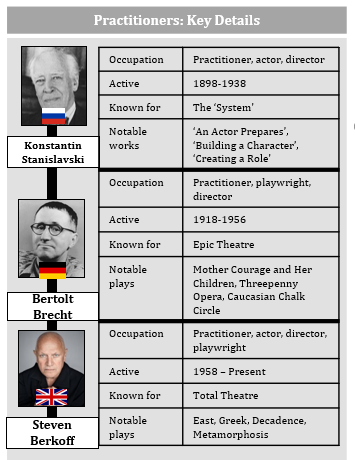
How do students use Knowledge Organisers?
Students are regularly tested within lessons on their understanding of the content of each Knowledge Organiser – this is carefully designed into the sequencing of our lessons and curriculum to ensure that students can gradually build and develop rather than become overwhelmed. Home learning is regularly structured around them and it is very much the consistent standard across departments and the school. The real beauty of the Knowledge Organiser is its ability to support students (and parents) independently outside of lessons.
How can parents support with the use of Knowledge Organisers?
The power of the Knowledge Organiser is in its simplicity: learn the knowledge and information, practise using it, and regularly test this. Just by knowing of their existence you can point your son/daughter towards using them in order to strengthen their knowledge recall. You can become an even more powerful support when helping them to regularly learn various parts of the Knowledge Organiser and even test them by using a range of simple techniques.





What are the best techniques to help my child to use Knowledge Organisers?
Using the Knowledge Organiser can be as simple as covering up the required key word and trying to remember it by simply reading the definition, and then repeating this process for as many parts of the Knowledge Organisers as possible as often as possible. The more times the document is read, practised and revisited the more confident students will become in remembering and using the knowledge and information. NK Academy has 6 main strategies to support both the recall of information, the synthesis (processing and using), of information and reflecting on what has been learned and what still needs learning. Guides and videos for each of these strategies are available:
- 3x3x3
- Race to the top/bottom
- Answer Planning
- Categorising
- Rag-rating
- Booster
